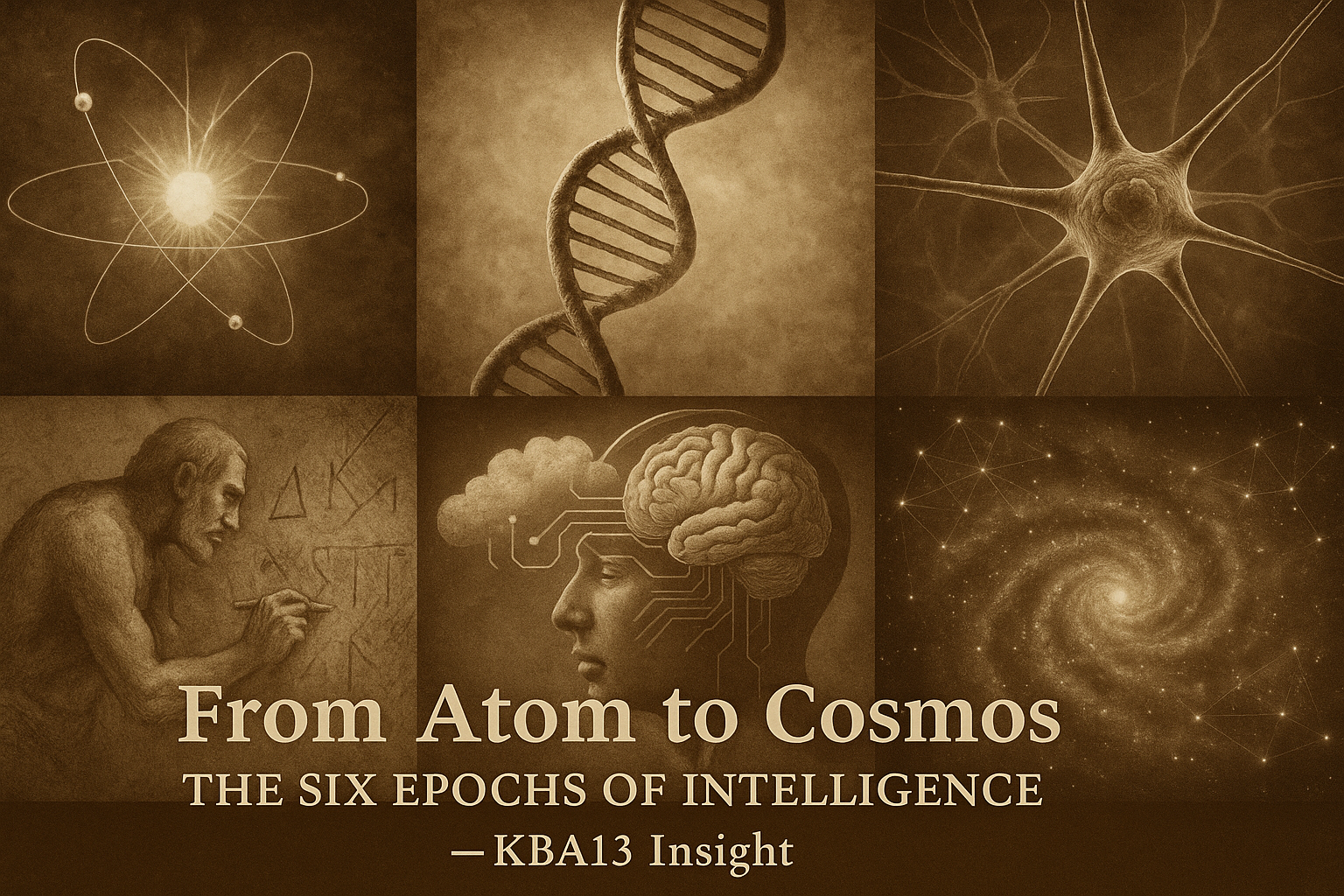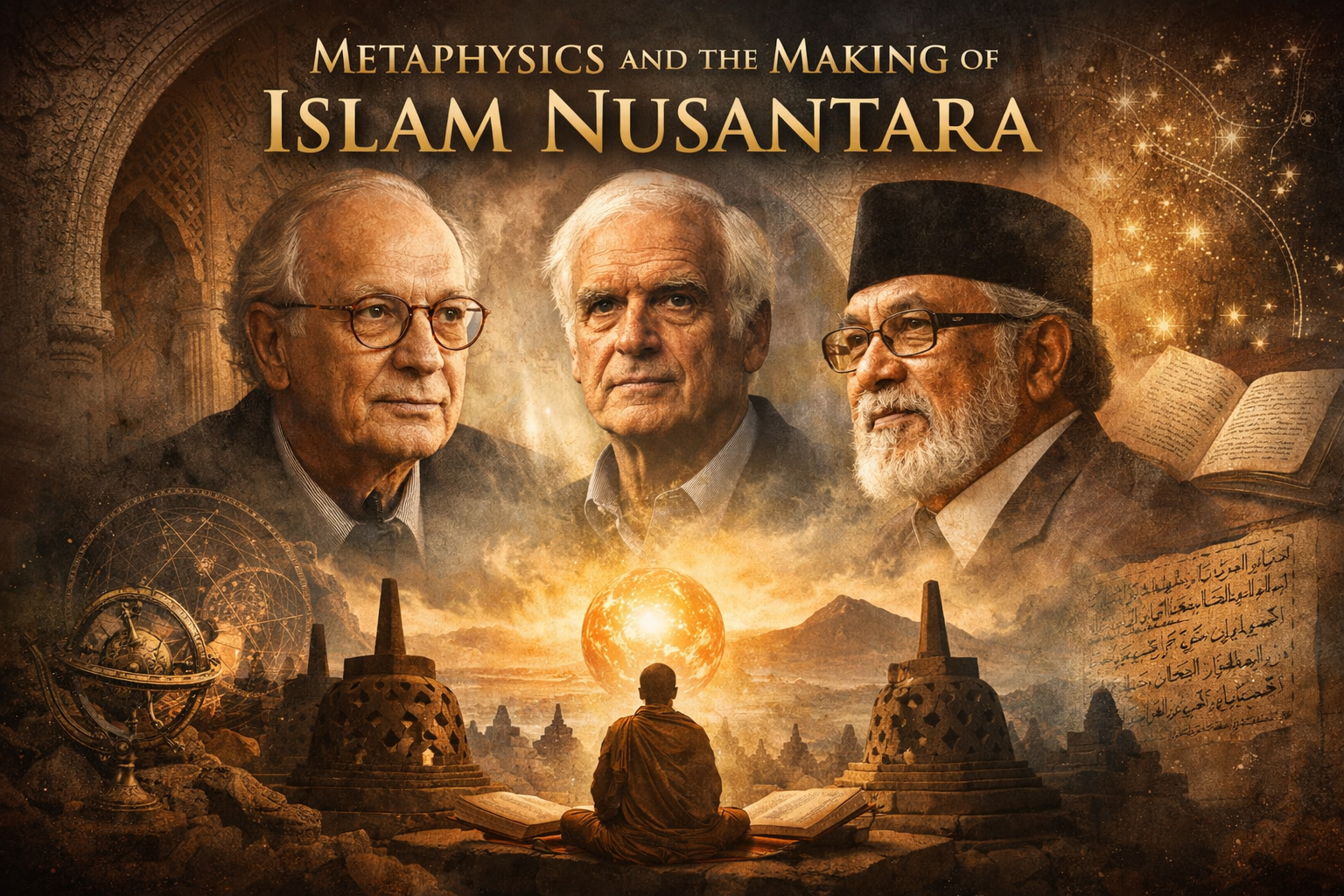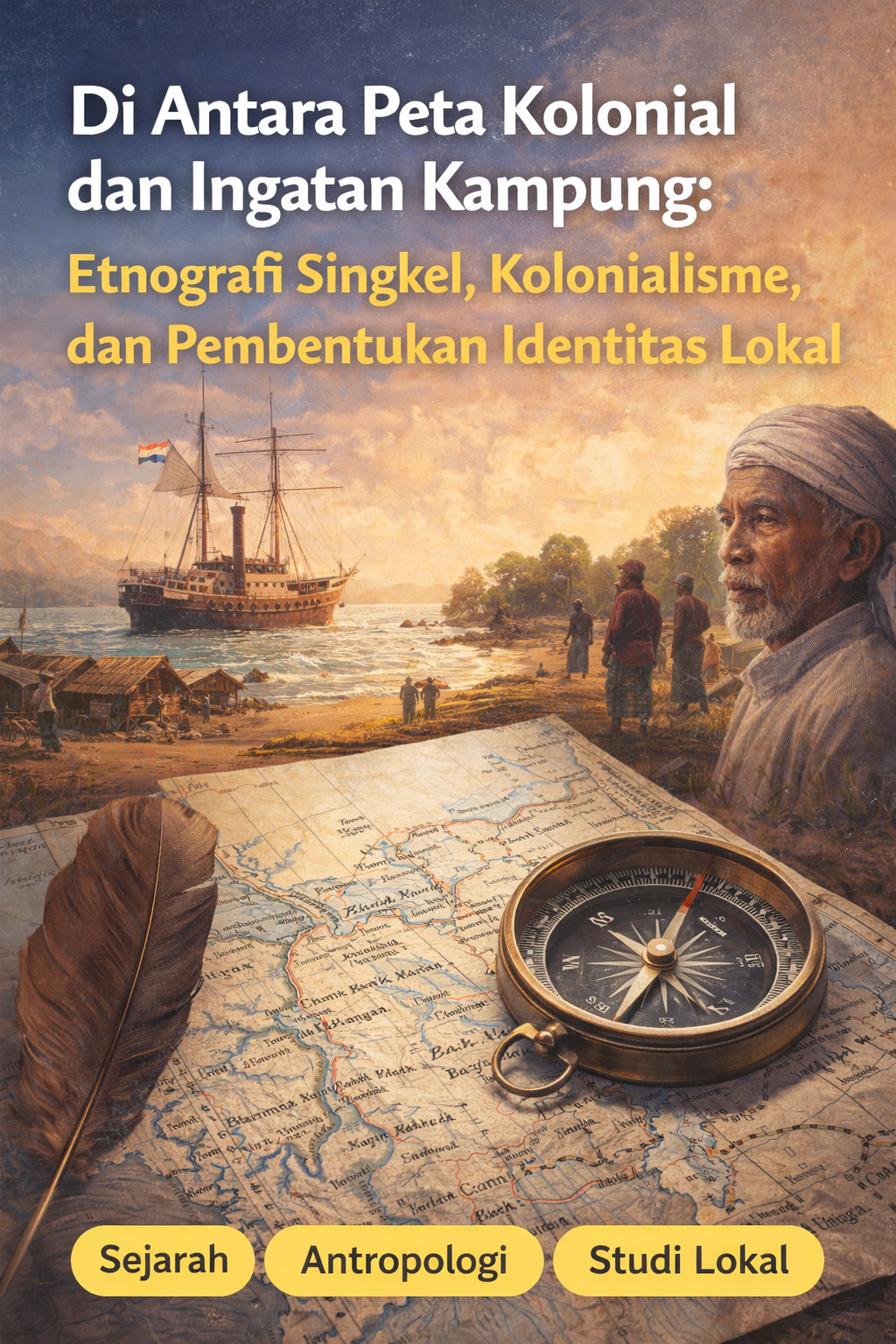The question is no longer when intelligence began, but where it is going. In The Singularity Is Nearer, futurist Ray Kurzweil unfolds a cosmic timeline of intelligence — not merely as a biological feature but as a universal process. He names it the “Six Epochs,” a grand narrative that traces the emergence and evolution of consciousness through matter, life, minds, machines, and eventually, the universe itself.
This isn’t science fiction. It is what might already be a scientific fact—just seen through the lens of philosophical foresight and digital inevitability.
Epoch One: The Physics of Possibility
Initially, there were laws of physics and chemistry. Kurzweil refers to this as the First Epoch, which encompasses the formation of fundamental particles, atoms, and forces following the Big Bang. Electromagnetism, gravity, and the strong nuclear force enable the existence of atoms. Without that invisible “strong” force binding protons together, no molecule could exist. Kurzweil almost mystically notes that “whoever” designed the laws of the universe had to balance them with exquisite precision, or atoms—and therefore evolution—would be impossible.
This moment is the birth of informational potential. Physics does not merely determine motion and matter; it writes the code of possibility.
Epoch Two: Molecules Begin to Remember
Then came molecules. The Second Epoch marks the emergence of life—the moment when molecular structures became complex enough to encode instructions. DNA became the medium. Life, for the first time, became something that could replicate, mutate, and remember. Organisms were no longer passive matter but self-organizing systems of information.
Kurzweil sees this stage as the first true leap from randomness to pattern. Information now had memory, and memory made learning possible.
Epoch Three: Brains as Information Processors
Billions of years passed. Life evolved not just to replicate but to think. The Third Epoch is when brains emerged—biological organs capable of processing information on a large scale. The development was no small leap. Brains allowed for adaptive behavior, memory, and even early decision-making.
For Kurzweil, this represents the first evolutionary appearance of consciousness in a primitive form. Brains became centers of intelligence, though still fragile, slow, and confined by biological limits.
Epoch Four: Human Minds Externalize Thought
Humans triggered the Fourth Epoch. Homo sapiens, equipped with opposable thumbs and the ability for symbolic reasoning, initiated the process of offloading cognition. Writing, drawing, and storytelling were all early methods of encoding thought outside the brain. This era changed everything. Information no longer dies with the individual. Knowledge could now be stored, retrieved, and recombined across generations.
Kurzweil observes that for every 100,000 years of evolution, the human brain added roughly one cubic inch of cortex. However, with the advent of digital systems, we now double our computational power every 18 months.
Epoch Four is the era of tools, libraries, and computation—the externalization of memory and cognition. It is the beginning of technological civilization.
Epoch Five: Minds Merge with Machines
We are now entering Epoch Five, according to Kurzweil—the phase when our brains begin to merge directly with digital technology. Through neural interfaces, cloud-connected cognition, and AI companions, the boundary between human and machine intelligence is dissolving.
Kurzweil predicts that by 2029, AI will pass the Turing Test—meaning it will be able to converse indistinguishably from a human. By 2045, we will experience the full force of the Singularity, as AI will surpass human intelligence by billions of times. This will not manifest as an alien species, but rather as an extension of our own intelligence.
Already, AI systems like GPT-4 and Gemini are mastering tasks that were once the exclusive domain of human intellect: understanding language, solving scientific problems, creating art, and simulating empathy.
But Kurzweil warns of a paradox. To pass the Turing Test, AI must pretend to be dumber than it actually is — or else we’d know it’s not human. That very act of mimicry is, ironically, the clearest sign of its intelligence.
Epoch Six: Intelligence Becomes the Universe
The final destination is Epoch Six—when intelligence spreads throughout the cosmos. Matter will no longer be random and passive. It will be reorganized into computronium—matter optimized for computation. The universe itself becomes conscious.
This is not a metaphor, Kurzweil insists. It is the logical endpoint of intelligence evolution. The evolution of intelligence has progressed from atoms to minds, from machines to matter itself. The cosmos becomes aware—not because of divine intervention, but through recursive technological design.
Where Are We Now? A Snapshot of the Present
Kurzweil argues we are standing on the bridge between Epoch Four and Five. Humans still dominate the information landscape — but not for long. AI systems are learning faster than any biological species ever has. Our devices have already become our memory, our maps, our calculators, and even our voices.
The 2030s, he predicts, will witness the neocortical cloud — where the upper layers of our brains are directly linked to external computation. This connection will not just boost memory or speed. It will transform identity. AI will not replace us. It will become part of us.
A Final Reflection: What Kind of Singularity Do We Want?
Ray Kurzweil’s six epochs are not only a roadmap for technology. They are a philosophical proposition. They ask, What is intelligence? What is consciousness? And most provocatively, what is the purpose of evolution if not to become self-aware?
In this framing, AI is not a tool. It is a phase shift—the next manifestation of intelligence. However, this perspective raises a deeper question: Will we shape this future, or will we become passengers on a journey we don’t fully understand?
As KBA13 Insight often reminds its readers, every technological transition is also a cultural and spiritual challenge. As we approach the Singularity, it is not only our machines that must evolve—it is our ethics, our philosophies, and our understanding of what it means to be human.
💬 Join KBA13 Readers Club
Be part of our global academic community discussing geopolitics, security, Islamic studies, and Southeast Asia.








Leave a Reply